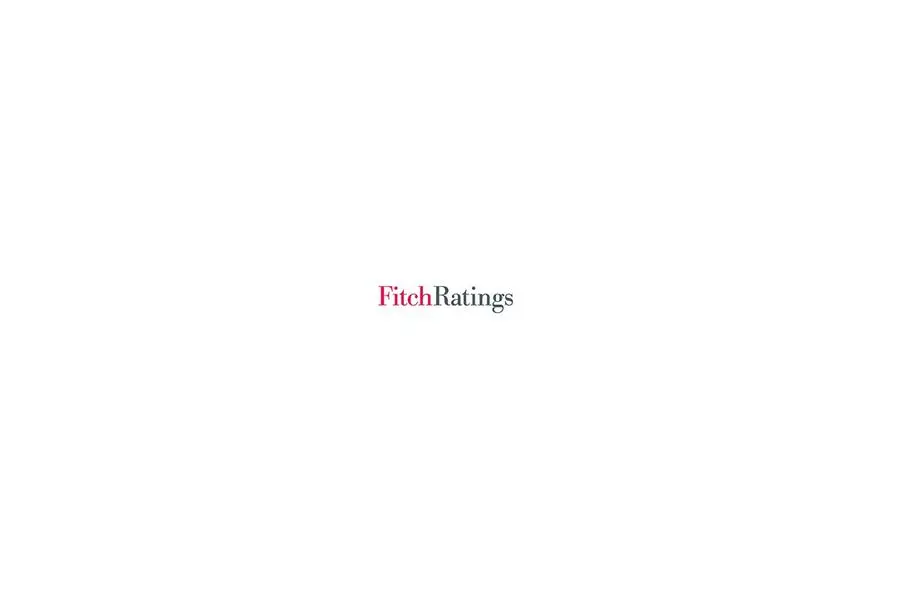PHOTO
Fitch Ratings-Dubai: Oman’s debt capital market (DCM) contracted by 7% yoy, to USD44 billion outstanding, in 2023 as the government pre-paid more of its debt using the budget surplus from high oil prices, Fitch Ratings says. In contrast, the share of sukuk in the outstanding DCM mix grew to 21.1% (2022: 18%).
The Omani DCM market is in an early stage of development, and is the second-smallest amongst GCC countries. However, the government has taken initiatives to develop the market, including the Financial Services Authority’s (FSA) newly published Sukuk and Bond Regulation, an essential step in the DCM development, which also adds regulatory clarity. The Ministry of Finance also launched its Sustainable Finance Framework in January, under which it intends to issue green, social, and sustainable sukuk, bonds, or loans.
The new regulations are expected to help build confidence among both sharia-sensitive and ESG-sensitive investors. The FSA regulation caters for sukuk with a chapter on sharia oversight, which requires the issuer submit a report every year proving the compatibility of the sukuk with the provisions of Islamic sharia, starting from the sukuk issuance date. The new regulation also has disclosure requirements for green and sustainable bonds and sukuk, with the requirement to appoint an independent external auditor to assess ESG compliance. Under the regulation, debt issuers are required to submit a credit rating certificate.
According to the Sustainable Finance Framework, it will not be an event of default or breach of contractual obligations under the terms and conditions of any ESG issuance if the government fails to adhere to the framework, whether by failing to fund or complete eligible green and social projects, or by failing to provide investors with reports on uses of proceeds and environmental impact.
Sukuk issuance in Oman expanded by 231% yoy in 2023, to USD1.2 billion, while bond issuance fell by 56% yoy to USD4.8 billion. Fitch rated around USD7.5 billion of outstanding Omani sukuk – all at ‘BB+’ in 1Q24, issued by the sovereign (67%) and by corporates (33%). In September 2023, Fitch upgraded Oman to 'BB+' with a Stable Outlook.
We do not expect a significant short-term surge in the DCM size, mainly due to the indication in Oman’s budget, published in January 2024, that the authorities will continue to pay down government debt. This will strengthen the sovereign’s resilience to potential shocks, but the increased social spending will slow the pace of debt reduction in 2024, relative to 2023. However, over the medium-to-long term, we expect the DCM market to grow, supported by government initiatives and issuance mainly from both the sovereign and government related entities.
The Islamic finance industry in Oman crossed USD28 billion as of end-2023, Fitch estimates, split between Islamic banking assets (66%), outstanding sukuk (32%), and takaful contributions (2%). The Islamic banking market share reached 17.4% of banking sector assets (2022: 16.4%), 20% of sector financing (2022: 18.6%), and 19% of sector deposits (2022: 18.8%) at end-2023. Islamic banks’ financing grew by 11.8% yoy, exceeding conventional banks’ 2.5% growth. However, deposits for both Islamic and conventional banks grew at the same level, of about 12.5% yoy.
Our sector outlook for Omani banks is neutral for 2024. We expect real GDP to grow by 2% in 2024 (2023: 4.3%), which will support revenue and business generation for banks. Fitch expects sector loan growth of about 6% in 2024, driven by higher credit demand from corporates, in line with higher government spending in infrastructure projects as part of Vision 2040.
Islamic banks have smaller capital bases than their conventional peers, hindering their ability to participate in large government financing projects.
Matt Pearson
Senior Associate, Corporate Communications
Fitch Group, 30 North Colonnade, London, E14 5GN
M: +44 (0) 7788 567 797
T: +44 (0) 203 530 2682
E: matthew.pearson@thefitchgroup.com




















